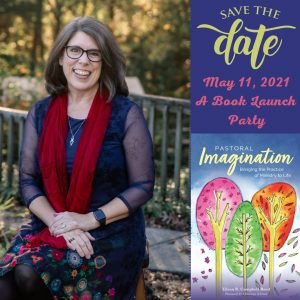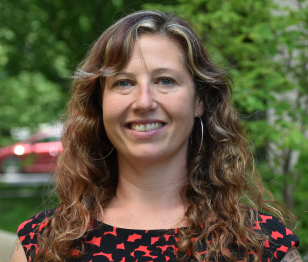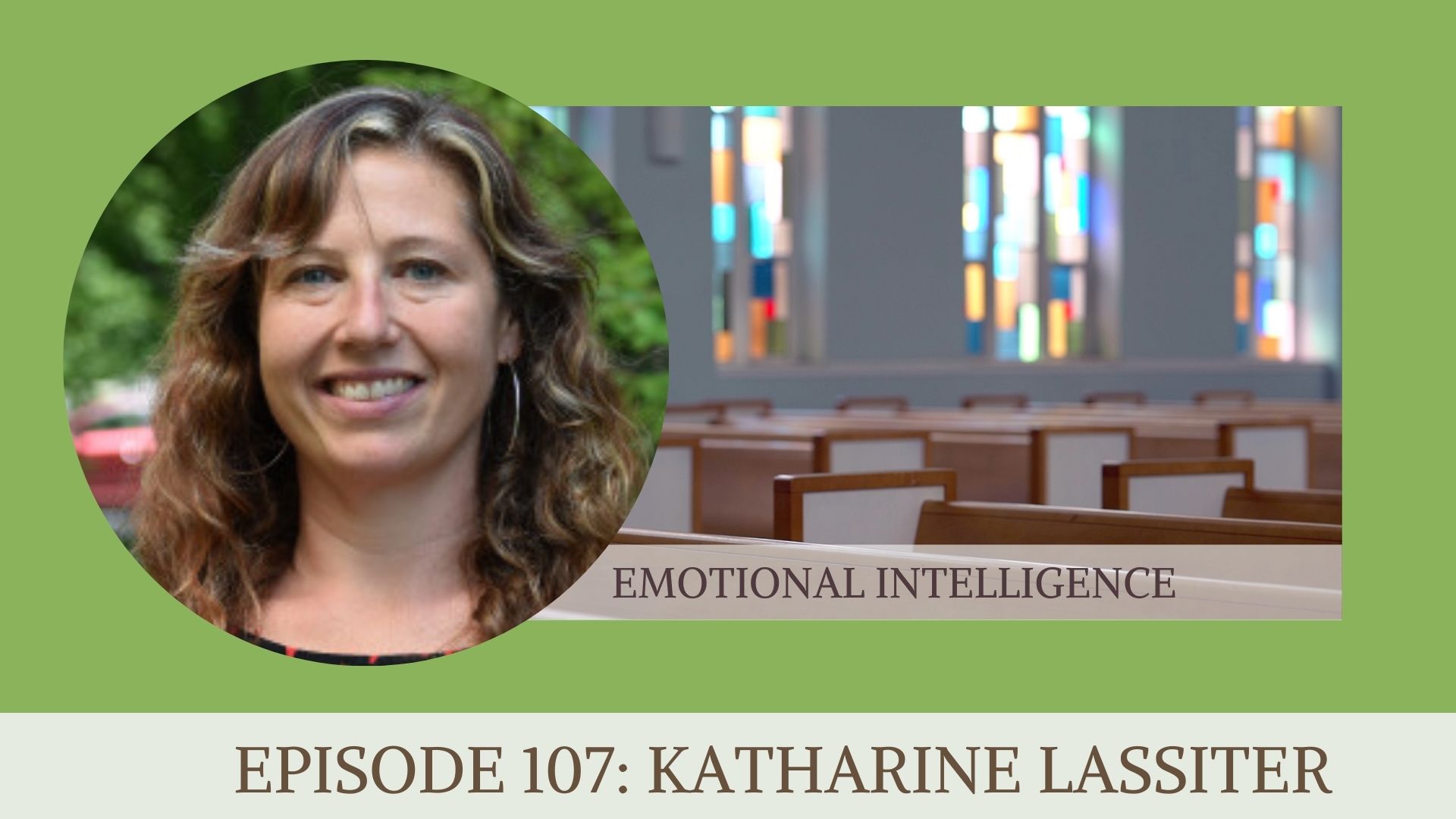Happy Monday Morning, Friends! Did you know that every episode this year in 3MMM Season Three is about a topic that is also a chapter in my new book Pastoral Imagination: Bringing the Practice of Ministry to Life?
Did you know that the book will be out into the world in less than a month?! Eeeek!
 I am excited about it! And I’m not just celebrating because publishing a book is a big deal. It is. In truth, I am actually most excited about having the stories and ideas of the book accessible to more people. People like you who read this blog, people in seminary, people in ministry, and people who teach, mentor, and support ministers.
I am excited about it! And I’m not just celebrating because publishing a book is a big deal. It is. In truth, I am actually most excited about having the stories and ideas of the book accessible to more people. People like you who read this blog, people in seminary, people in ministry, and people who teach, mentor, and support ministers.
I would love for you to celebrate with me! How, you ask?
1 ) Buy the book! Here are all the links for preordering Pastoral Imagination.
2 ) Join our launch team. Help me share a good word about Pastoral Imagination! Get an advance copy of the book, extra discounts, and some cool free stuff.
3 ) Come to the Book Launch Party! May 11 – save the date and register today to join us on Zoom. It will also be streamed on Facebook Live. We would love to see you for the Lunch Time Launch or the Happy Hour Launch!
Emotional Intelligence
Do you love the movie Inside Out as much as I do? Then you don’t want to miss this three-minute conversation about Riley and her emotional life. We can continue to expand our emotional intelligence throughout our lives. And what happens in adolescence often sets the stage for our emotional engagement with other people.
The practice of ministry, or really about any part of life, calls on us to use our emotions wisely. It also asks us to read the emotions of others with care. How do your emotions and the emotions of other people impact your practice of ministry?
3MMM | Episode 15: Emotional Intelligence from Eileen Campbell-Reed on Vimeo.
More on Emotional Intelligence | video | blog | podcast
Learning in Practice with Dr. Katharine Lassiter

I’m thrilled to welcome Dr. Katharine Lassiter to our weekly episode. She is a perfect person to focus on emotional intelligence!
Kate and I worked on our doctoral degrees at the same time at Vanderbilt University Graduate Department of Religion.
She is a theological educator, helping seminary students learn to inhabit their emotions and relationality in wise and compassionate ways. Kate is also a consultant and advisor to many organizations on a wide range of topics and issues of great importance in our collective life. She has a wealth of experience in many significant areas: health disparities, food justice, sustainable agriculture, mental health, community housing, spiritual community, service-learning and civic engagement. And besides all this, she teaches yoga!
Kate says at her website: “From an early age I knew that there was more than what meets the eye in this world, and I was deeply drawn to understanding what it would mean for me to honor the sacred as a life path.” We delighted to learn from her practices of teaching, writing and advocacy!
What question(s) do you live by?
KL: There are two questions that I ask others and myself at least several times a week. They are: “What do I feel?” and “Where do I feel it?” I attribute the origin of these two questions to my first teacher training in Taoist yoga with Matt Eshleman. Matt came into yoga after several years of graduate work in clinical neuropsychology. We had a natural resonance. At that time, I was developing courses that brought social justice and Catholic social teaching together with my disciplinary home in religion, psychology, and culture. Asking these two questions not only got me into my physical and emotional body, but also helped me to articulate more deeply why making social change is an affective, embodied practice, itself.
At first, these two questions were about me and my body in a big, general way as I grappled with my shaping: I feel … tightness in my hip … heaviness in my belly … tension on the side of my neck. I feel good. And I feel ok. Now I don’t feel pain. I care about my colleague in Syria and the atrocities she describes to me. As I practiced, responses shifted toward a fine-grain particularity: I feel a buzzing point 2 centimeters down from my pelvis…. tenderness along my spleen line. When this memory floats up, I am overcome with grief. This moment brings me joy. I feel resilient.
+++++++
KL: Then eventually, I became aware of these sensations while moving more deeply into and through the world, and especially in my teaching. Somehow there was space for a student athlete—a football player—to describe his opiate addiction and where he grew up, for us to deep dive into the tragic, idolatrous myths that keep us from making social change and to have some hands-on ways that we are actually participating in the change.
So, while ostensibly about the physical body, these questions resonate at deeper levels on all the ways of being body—physical and affective and so much more—as well as the distinct varieties of bodies that populate my awareness. To answer these questions on any given day might mean accounting for the body in ministry, the trauma body, the body of the Other, the body collective, the body politic, the body of the Earth, the body of an enfleshed God. They are questions of care and justice in and through the body, in and through my body, in and through another’s/an Other’s body. It’s relationality—the heart of ministry—which only comes through intimacy with one’s own embodied and lived inner landscape.
What question(s) do you wrestle with?
KL: The same two questions! And also, “What should I eat for lunch?” and “Is this donut gluten-free?”
This week’s episode focuses on “emotional intelligence.” How has being able to honor the full range of emotions mattered for you?
KL: The inner work makes possible the outer work. In honoring the full range of my emotions—not cutting them off, not ignoring them—I did things that had previously felt impossible. I changed my food habits long term. I became a yoga teacher and avid outdoorswoman. And I lost over 100 lbs without surgery. I wrote my first book on recognition. And I entered into relationships and commitments of depth and substance that had previously terrified me of being engulfed and trapped. I left a job that seemed like security but which brought me pain. I became willing to take more of the right kinds of risks. Attending and honoring the full range of emotions is my lifeblood and is what makes this me possible.
How has your work in theological education and your work for justice changed over time?
KL: My favorite kitchen towel reads, “More feminism, less bull*#@%.” That could about sum it up. Look, it’s not 2000, I’m no longer 21, and I’m not trying to wrap my head around mass incarceration as I’m working as a prison ministry intern with a Catholic sister in Hagerstown. And I’m certainly not trying to sneak beer into the dry, Pentecostal after-prison ministry center where I was living. Instead, I follow very closely how theologians, reformers, and abolitionists intervene and interrupt through organizing, public policy, ministry, and futuring alternate realities.
In my work in place-based learning, I invite students to a deeper “YES” in their spiritual and religious commitments–as Christians, as Muslims, as humanists recovering ancestral traditions (and sometimes all three of these within one self). There is joy and creativity, but I also see the profound cost of denying human dignity and respect—and that no cheap grace will cover up. That was something I couldn’t see when I was younger.
+++++++
In a large way, I’ve come to realize that there are limitations to the individual human psyche and the human heart; that justice was never out there and back then, but always right here and right now; that there continues to be so much confusion about the difference between charity and justice; that many problems are design-related; and that theological education and spiritual practice is essential to developing, guiding, and strengthening powerful and prophetic religious leaders for the work set before them.
To be frank, we need theological institutions that seek to develop the affective capacities, that educate in theology and practice, and which teach to and from a critical consciousness of power in ways that enlist transformation, perhaps, even transubstantiation of the people of God. And we need them to act like think tanks, network like lobbyists, convene like funders, and love humanity, in general and in particular, with compassion and accountability.
What is on your must-read list right now?
KL: The books that are intellectually stimulating me right now include the following:
- Natalie Wigg-Stevenson’s Transgressive Devotion: Theology as Performance Art (2021);
- Patrick Reyes, The Purpose Gap: Empowering Communities of Color to find Meaning and Thrive (2021);
- Jessica Benjamin’s Beyond Doer and Done To: Recognition Theory, Intersubjectivity, and the Third (2018);
- David Emerson, et al. Overcoming Trauma through Yoga: Reclaiming Your Body (2012):
- David Abram’s Becoming Animal: An Earthly Cosmology (2011)
I’ve also got Catherine D’Ignazio and Lauren Klein’s Data Feminism on my list (shout-outs to my brother Charlie for the recommendation). I’ve also been reading new versions of The Babysitter’s Club with my niece. They are a delight!




